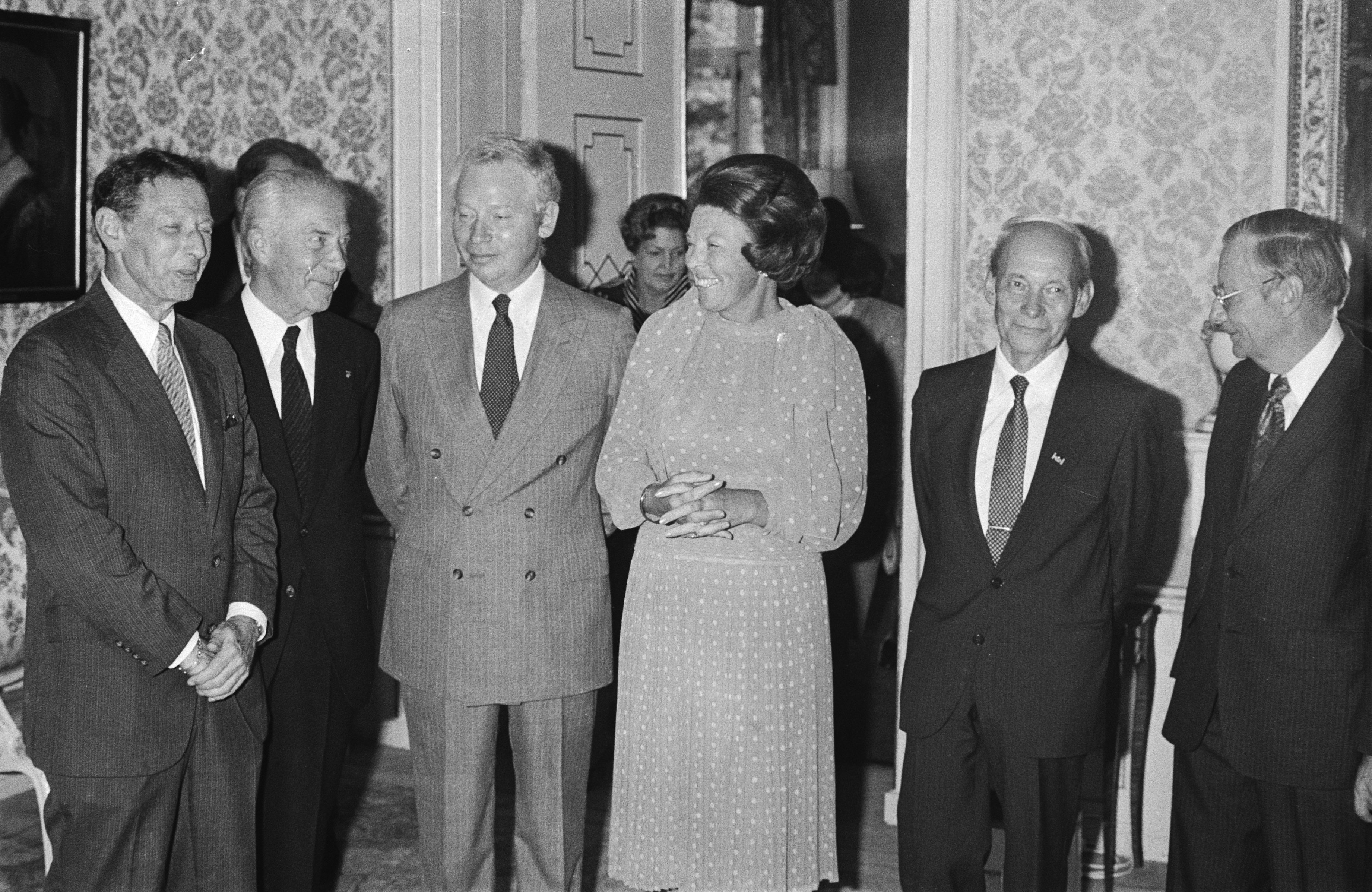|
Gymnasium Am Ostring
The Gymnasium am Ostring was the oldest gymnasium in Bochum. It was founded in 1860 and closed after the 2009-2010 school year. The school was located in downtown Bochum, near the main train station. In the 2005-2006 school year, there were 786 students and 55 teachers. In the early 80s, the school had over 1,000 students. The peak enrollment was 1,310 in the 1980-1981 school year. In humanities tradition, the school offered Latin, ancient Greek, and Hebrew. The school also offered English, French, modern Greek, Italian, and Spanish. In August 2010, the Gymnasium am Ostring merged with the Albert-Einstein-Schule to form the ''Neues Gymnasium Bochum'', the new combined school's temporary name until a new one is selected. The school will relocate to the site of the former Albert-Einstein-Schule on October 22, 2012. [...More Info...] [...Related Items...] OR: [Wikipedia] [Google] [Baidu] |
Gymnasium (Germany)
''Gymnasium'' (; German plural: ''Gymnasien''), in the German education system, is the most advanced and highest of the three types of German secondary schools, the others being ''Hauptschule'' (lowest) and ''Realschule'' (middle). ''Gymnasium'' strongly emphasizes academic learning, comparable to the British grammar school system or with university preparatory school, prep schools in the United States. A student attending ''Gymnasium'' is called a ''Gymnasiast'' (German plural: ''Gymnasiasten''). In 2009/10 there were 3,094 gymnasia in Germany, with students (about 28 percent of all precollegiate students during that period), resulting in an average student number of 800 students per school.Federal Statistical office of Germany, Fachserie 11, Reihe 1: Allgemeinbildende Schulen – Schuljahr 2009/2010, Wiesbaden 2010 Gymnasia are generally public, state-funded schools, but a number of parochial and private gymnasia also exist. In 2009/10, 11.1 percent of gymnasium students ... [...More Info...] [...Related Items...] OR: [Wikipedia] [Google] [Baidu] |
Dada
Dada () or Dadaism was an anti-establishment art movement that developed in 1915 in the context of the Great War and the earlier anti-art movement. Early centers for dadaism included Zürich and Berlin. Within a few years, the movement had spread to New York City and a variety of artistic centers in Europe and Asia. Within the umbrella of the movement, people used a wide variety of artistic forms to protest the logic, reason, and aestheticism of modern capitalism and modern war. To develop their protest, artists tended to make use of nonsense, irrationality, and an anti-bourgeois sensibility. The art of the movement began primarily as performance art, but eventually spanned visual, literary, and sound media, including collage, sound poetry, cut-up technique, cut-up writing, and sculpture. Dadaist artists expressed their discontent toward violence, war, and nationalism and maintained political affinities with radical politics on the left-wing and far-left politics. The movem ... [...More Info...] [...Related Items...] OR: [Wikipedia] [Google] [Baidu] |
Educational Institutions Disestablished In 2010
Education is the transmission of knowledge and skills and the development of character traits. Formal education occurs within a structured institutional framework, such as public schools, following a curriculum. Non-formal education also follows a structured approach but occurs outside the formal schooling system, while informal education involves unstructured learning through daily experiences. Formal and non-formal education are categorized into levels, including early childhood education, primary education, secondary education, and tertiary education. Other classifications focus on teaching methods, such as teacher-centered and student-centered education, and on subjects, such as science education, language education, and physical education. Additionally, the term "education" can denote the mental states and qualities of educated individuals and the academic field studying educational phenomena. The precise definition of education is disputed, and there are disagreement ... [...More Info...] [...Related Items...] OR: [Wikipedia] [Google] [Baidu] |
Defunct Schools In Germany
{{Disambiguation ...
Defunct may refer to: * ''Defunct'' (video game), 2014 * Zombie process or defunct process, in Unix-like operating systems See also * * :Former entities * End-of-life product * Obsolescence Obsolescence is the process of becoming antiquated, out of date, old-fashioned, no longer in general use, or no longer useful, or the condition of being in such a state. When used in a biological sense, it means imperfect or rudimentary when comp ... [...More Info...] [...Related Items...] OR: [Wikipedia] [Google] [Baidu] |
Schools In North Rhine-Westphalia
A school is the educational institution (and, in the case of in-person learning, the building) designed to provide learning environments for the teaching of students, usually under the direction of teachers. Most countries have systems of formal education, which is sometimes compulsory. In these systems, students progress through a series of schools that can be built and operated by both government and private organization. The names for these schools vary by country (discussed in the '' Regional terms'' section below) but generally include primary school for young children and secondary school for teenagers who have completed primary education. An institution where higher education is taught is commonly called a university college or university. In addition to these core schools, students in a given country may also attend schools before and after primary (elementary in the U.S.) and secondary (middle school in the U.S.) education. Kindergarten or preschool provide some sch ... [...More Info...] [...Related Items...] OR: [Wikipedia] [Google] [Baidu] |
Bundestag
The Bundestag (, "Federal Diet (assembly), Diet") is the lower house of the Germany, German Federalism in Germany, federal parliament. It is the only constitutional body of the federation directly elected by the German people. The Bundestag was established by Title III of the Basic Law for the Federal Republic of Germany () in 1949 as one of the legislative bodies of Germany, the other being the German Bundesrat, Bundesrat. It is thus the historical successor to the earlier Reichstag (Weimar Republic), Reichstag. The members of the Bundestag are representatives of the German people as a whole, are not bound by any orders or instructions and are only accountable to their conscience. As of the current 21st Bundestag, 21st legislative period, the Bundestag has a fixed number of 630 members. The Bundestag is elected every four years by German citizens aged 18 and older. Elections use a mixed-member proportional representation system which combines First-past-the-post voting for co ... [...More Info...] [...Related Items...] OR: [Wikipedia] [Google] [Baidu] |
Norbert Lammert
Norbert Lammert (born 16 November 1948) is a German politician of the Christian Democratic Union (CDU). He served as the 12th president of the Bundestag from 2005 to 2017. Early life and education The son of a baker, Lammert attended gymnasium in Bochum where he studied classics. He obtained his abitur in 1967. He carried out military service in the Bundeswehr from 1967 to 1969. Following his military service he went on to the Ruhr University Bochum, which included a period abroad at the University of Oxford, where he studied political science and modern history. He went on and obtained his doctorate ( Dr. rer. soc.) from the Ruhr University Bochum in 1975. Political career Having joined the CDU in 1966, he was deputy chairman of the Bochum branch of the CDU. From 1978–1984, he was deputy leader of a part (Westfalen-Lippe) of the North Rhine-Westphalian branch of the Junge Union, the CDU youth organization. In the 1980 national elections, he was elected to the Bundestag a ... [...More Info...] [...Related Items...] OR: [Wikipedia] [Google] [Baidu] |
Das Boot (film)
(; ) is a 1981 West Germany, West German war film written and directed by Wolfgang Petersen, produced by Günter Rohrbach, and starring Jürgen Prochnow, Herbert Grönemeyer and Klaus Wennemann. An Film adaptation, adaptation of Lothar-Günther Buchheim's 1973 semi-autobiographical novel Das Boot (novel), of the same name, the film is set during World War II and follows the and her crew, as they set out on a hazardous patrol in the Battle of the Atlantic. It depicts both the excitement of battle and the tedium of the fruitless hunt, and shows the men serving aboard U-boat#World War II (1939–1945), U-boats as ordinary individuals with a desire to do their best for their comrades and their country. Development began in 1979. Several American directors were considered three years earlier, before the film was development hell, shelved. During production, Heinrich Lehmann-Willenbrock, the captain of the real ''U-96'' during Buchheim's 1941 patrol and one of Germany's top U-boat " ... [...More Info...] [...Related Items...] OR: [Wikipedia] [Google] [Baidu] |
Herbert Grönemeyer
Herbert Arthur Wiglev Clamor Grönemeyer (born 12 April 1956) is a German singer, musician, producer, composer and actor, popular in Germany, Austria and Switzerland. Grönemeyer starred as war correspondent Lieutenant Werner in Wolfgang Petersen's 1981 film ''Das Boot'', but later focused on his musical career. His fifth album ''4630 Bochum'' (1984) and his 11th album ''Mensch'' (2002) are the fourth and second best-selling records in Germany respectively, making Grönemeyer the most successful artist in Germany with combined album sales over 13 million. Early life Grönemeyer was born on 12 April 1956 in Göttingen. He often refers to his personal roots as living in Bochum though, where he spent most of his childhood, youth and early adulthood. The medical professor Dietrich Grönemeyer is his brother. Grönemeyer's interest in music was sparked at the age of 8, when he started to take piano lessons. Career Piano classes formed the basis for his work as a pianist and co ... [...More Info...] [...Related Items...] OR: [Wikipedia] [Google] [Baidu] |
Nobel Prize
The Nobel Prizes ( ; ; ) are awards administered by the Nobel Foundation and granted in accordance with the principle of "for the greatest benefit to humankind". The prizes were first awarded in 1901, marking the fifth anniversary of Alfred Nobel, Alfred Nobel's death. The original Nobel Prizes covered five fields: Nobel Prize in Physics, physics, Nobel Prize in Chemistry, chemistry, Nobel Prize in Physiology or Medicine, physiology or medicine, Nobel Prize in Literature, literature, and Nobel Peace Prize, peace, specified in Nobel's will. A sixth prize, the Nobel Memorial Prize in Economic Sciences, Prize in Economic Sciences, was established in 1968 by Sveriges Riksbank (Sweden's central bank) in memory of Alfred Nobel. The Nobel Prizes are widely regarded as the most prestigious awards available in their respective fields.Nobel Prize#Shalev69, Shalev, p. 8. Except in extraordinary circumstances, such as war, all six prizes are given annually. Each recipient, known as a laur ... [...More Info...] [...Related Items...] OR: [Wikipedia] [Google] [Baidu] |
Manfred Eigen
Manfred Eigen (; 9 May 1927 – 6 February 2019) was a German biophysical chemist who won the 1967 Nobel Prize in Chemistry for work on measuring fast chemical reactions. Eigen's research helped solve major problems in physical chemistry and aided in the understanding of chemical processes that occur in living organisms. In later years, he explored the biochemical roots of life and evolution. He worked to install a multidisciplinary program at the Max Planck Institute to study the underpinnings of life at the molecular level. His work was hailed for creating a new scientific and technological discipline: evolutionary biotechnology. Education and early life Eigen was born on 9 May 1927 in Bochum, the son of Ernst and Hedwig (Feld) Eigen, a chamber musician. As a child he developed a deep passion for music, and studied piano. World War II interrupted his formal education. At age fifteen he was drafted into service in a German antiaircraft unit. He was captured by the America ... [...More Info...] [...Related Items...] OR: [Wikipedia] [Google] [Baidu] |








